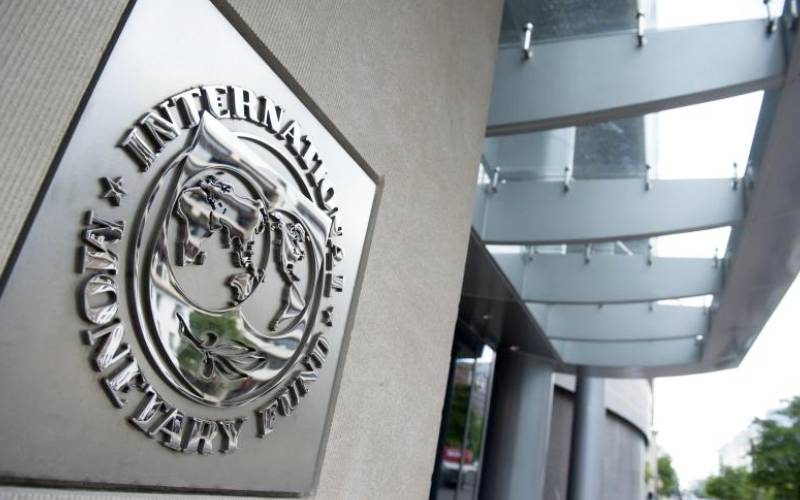×
The Standard e-Paper
Smart Minds Choose Us

Hopes that the country’s economic growth might pick up steam were raised last week following reports that Kenya and the International Monetary Fund (IMF) have inched closer to an agreement on a precautionary standby credit.